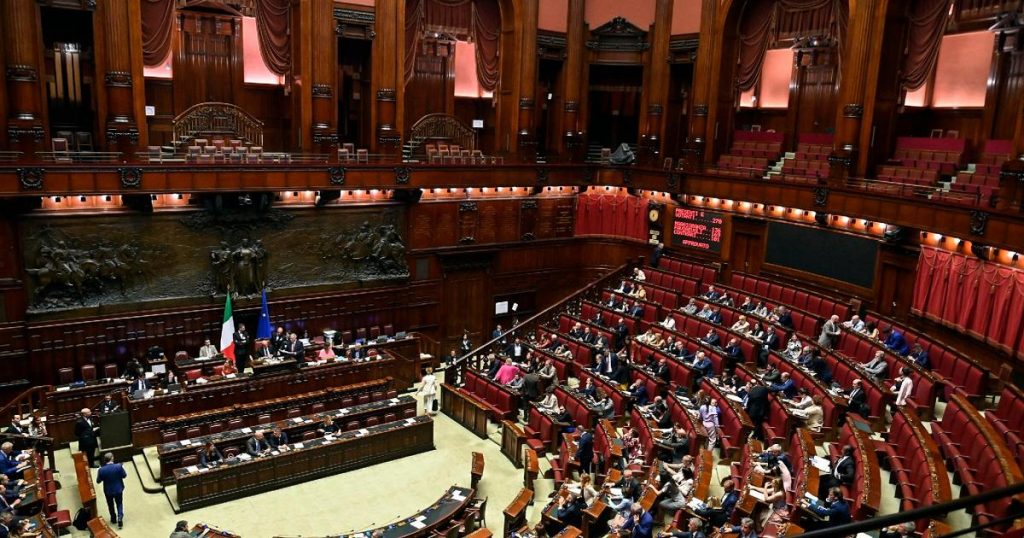The Chamber approved article 10 of the government’s security bill, which introduces the new crime of “unlawful occupation of a dwelling place belonging to someone else.” The new provision, article 634-bis of the penal code, establishes a prison sentence of two to seven years for those who commit the offense. The article specifies that anyone who, through violence or threat, occupies or holds without title a dwelling place belonging to someone else, or hinders the owner or legitimate tenant from re-entering the property, will be punished with imprisonment. The same penalty also applies to anyone who appropriates someone else’s property or its belongings through deceit or trickery.
Additionally, the Chamber approved article 14, which establishes imprisonment for those who obstruct the construction of a public work or strategic infrastructure through protests. Referred to as the “anti no-bridge” law, this provision was targeted at past protests against the construction of the Strait of Messina Bridge. The penalty for blocking roads or railways with one’s own body is imprisonment for up to one month or a fine of up to 300 euros. If the offense is committed by a group of people, a prison sentence of six months to two years is foreseen. Article 14 replaces the current administrative offense with a criminal offense.
The session was then suspended pending opinions on some amendments and will resume tomorrow. The legislation aims to address issues related to unlawful occupations and protests that obstruct public works or strategic infrastructure projects. It establishes stricter penalties for those who engage in such activities, introducing criminal liability in place of administrative sanctions. The proposed changes to the penal code reflect broader concerns about public safety and the protection of property rights, seeking to deter and punish individuals who unlawfully occupy or prevent access to residential or public spaces.
The introduction of these new articles follows debates and discussions within the Chamber regarding the need to address specific issues related to property rights, public order, and infrastructure development. The government’s security bill aims to provide law enforcement with additional tools to prevent and respond to unlawful occupations and protests that impede the completion of public projects. By establishing stricter penalties for such offenses, the legislation seeks to promote compliance with the law and ensure the safe and orderly development of public works and infrastructure.
Overall, the approval of articles 10 and 14 of the security bill represents a significant step towards strengthening legal protections against unlawful occupations and protests that disrupt public order and infrastructure projects. The new provisions introduce criminal offenses and stricter penalties for individuals who engage in such activities, reflecting the government’s commitment to upholding property rights and ensuring the effective implementation of public works. As the Chamber resumes its session to consider amendments and finalize the legislation, the focus remains on promoting law enforcement and public safety while balancing the rights of individuals to peacefully protest and exercise their freedom of expression within the boundaries of the law.


